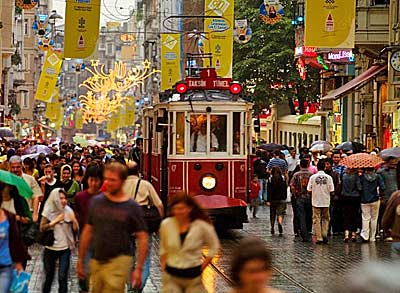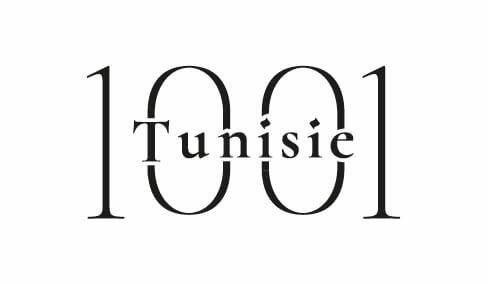
These are not the words of the Turkish Secretary of State for Tourism and Culture who rejoiced in the craze of Tunisians in Turkey (37% increase Tunisians who go there over the year 2010) that will contradict the evidence that this destination is very fashionable and Tunisians appreciate. The statement even cringe at the annual congress of the Tunisian Federation of Travel Agencies (FTAV) held in Istanbul from 27 to 29 September. The goal was to dissect the Turkish tourism model that has risen in less than ten years in the top 10 worldwide destinations.
If Tunisians are so keen to Turkish TV serials and shopping “Made in Turkey”, it seems that the troika in power also puts the focus on the intensification of relations between the two countries. Elyes Fekhfekh, Tunisian Minister of Tourism, said that relations between the two countries live “high intensity period” .A Turkish promotion office will soon open in Tunis and a representation of the Tunisian tourism settled in Istanbul.
During his visit in Tunisia, Ennahda before the arrival in power, Prime Minister Recep Tayyip Erdoğan said that “Tunisia will demonstrate to the whole world, like Turkey, that Islam, democracy and secularism are not incompatible and that the state’s secularism is a guarantor of freedom of worship. ” Since water has flowed under the bridge in Tunisia and the fact to include secularism in the constitution is not in the agenda in this phase of finalization of the Constitution by the Constituent Assembly.
During his visit in Tunisia Erdogan also said: “We will maintain with Tunisia strengthened relationships and develop our bilateral cooperation in all fields, political, military, economic, social, educational and cultural. We can not just current volume of our trade which are limited to $ 1 billion and must encourage our investors, entrepreneurs and tourists to visit Tunisia … We are very close, everything makes us closer, nothing that to see the two almost similar flags and we need to bring us even more. ”
If in the 80s, the Turks came to Tunisia draw on the Tunisian model for tourism, now the student has surpassed, by far, the master. Turkish success created jealousy. But how the Conservatives have not scratched the sector while in Tunisia the arrival of the Islamists is expensive, very expensive to the sector?
In the opinion of Turkish professionals, the tourism sector was sufficiently strong and structured before the arrival of the AKP in power. The turning point whose destination today is reaping the benefits was made in the years 1983/1985 and the Conservative Party arrived much later surfed to power on the wave by creating new opportunities including the creation of suitable hostels for the Islamic market. The restwas left to do.
In Tunisia, the sector is fragile as long as weakened by a difficult political context. Marked by debt, quality falling, insecurity, the destination can not attract tourism investment and this is not the news from Standard & Poors that will reassure investors.
So what is it worth to declare as did Rached Ghannouchi tourism with Ennahda equivalent of Tourism under the AKP? In seeking to reassure by “selling” Turkish model, the question is whether it really exist? The Turkish tourism model is exportable probably because it is by no means marked by the seal of conservatism. Only the profit and growth prevail and if it deserves a little cosmetic why deny it?
Stating that the halal tourism did not exist, Hamadi Jebali did not think so right. There is tourism or there is not!
Amel Djait
{mainvote}

 َAbonnez-vous
َAbonnez-vous

